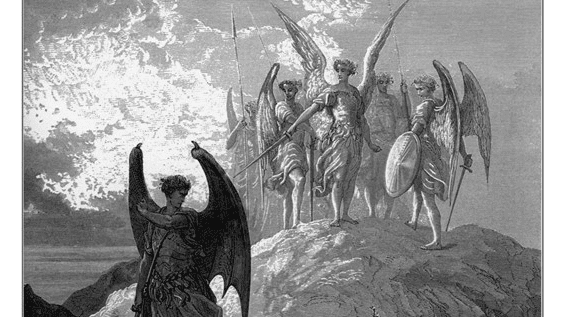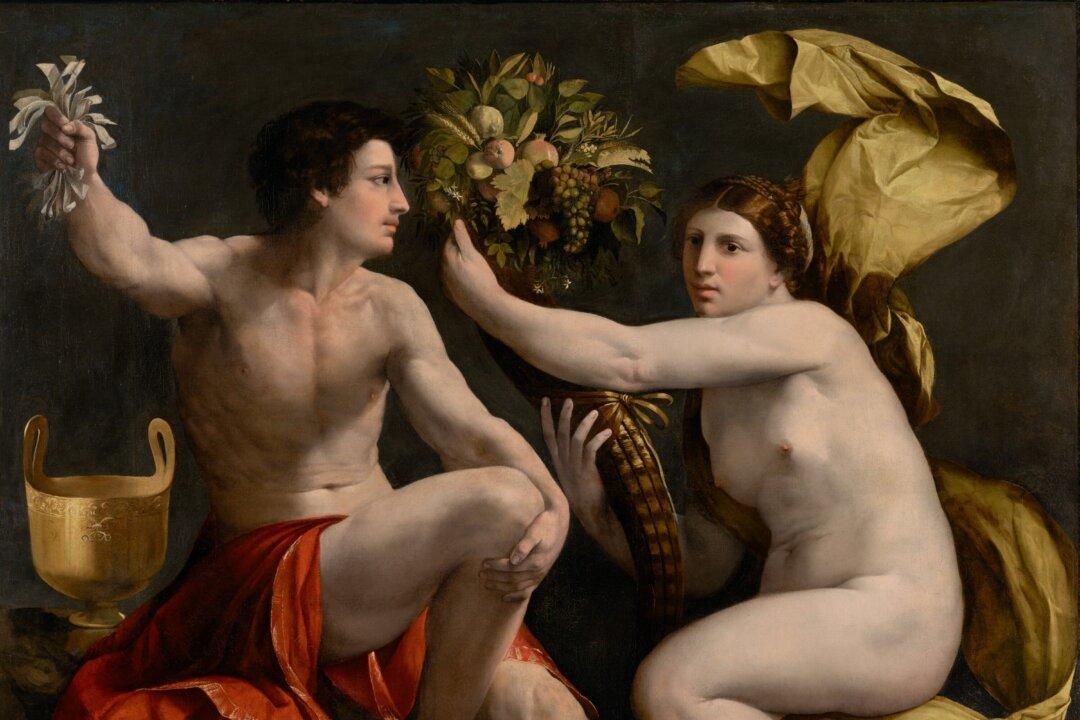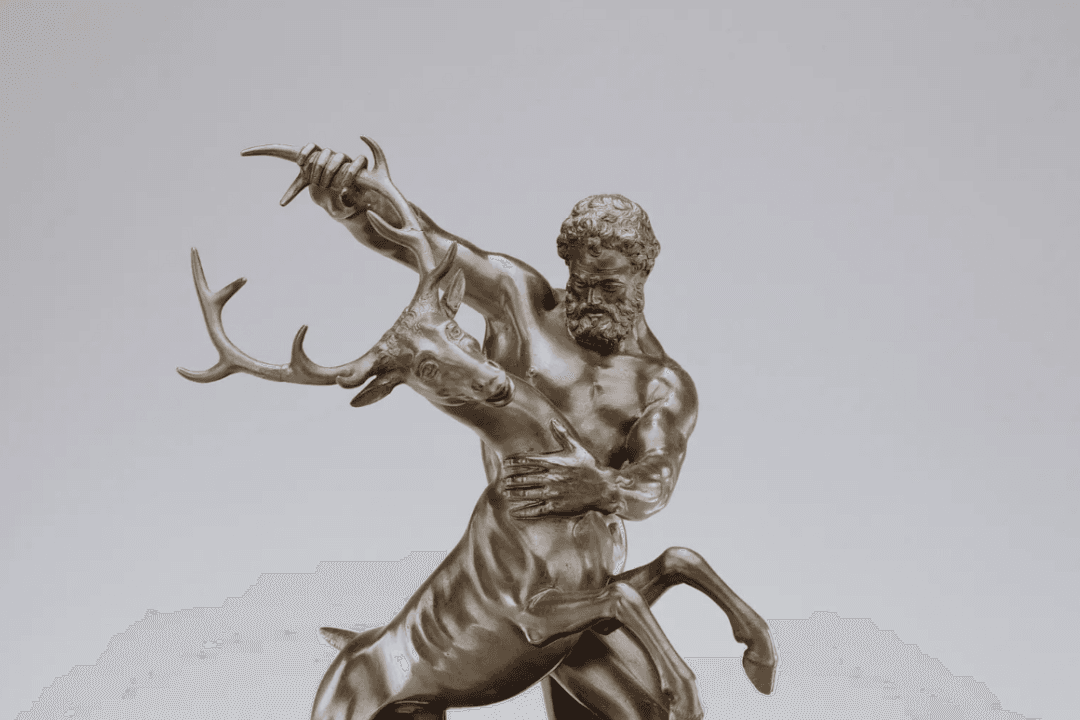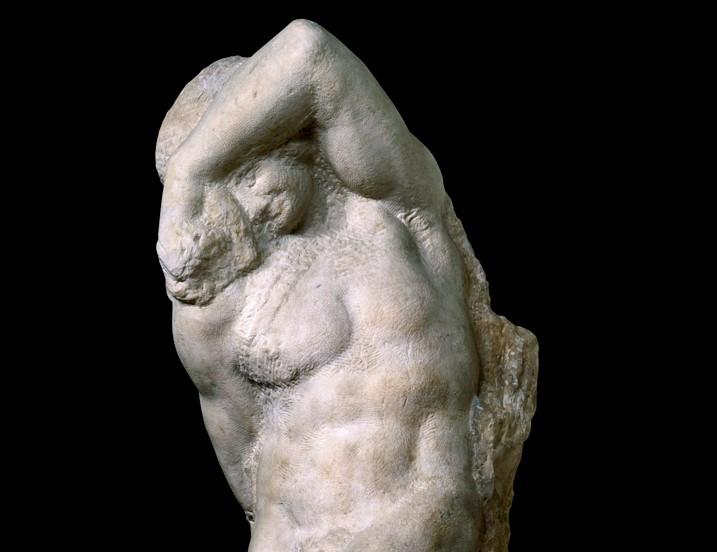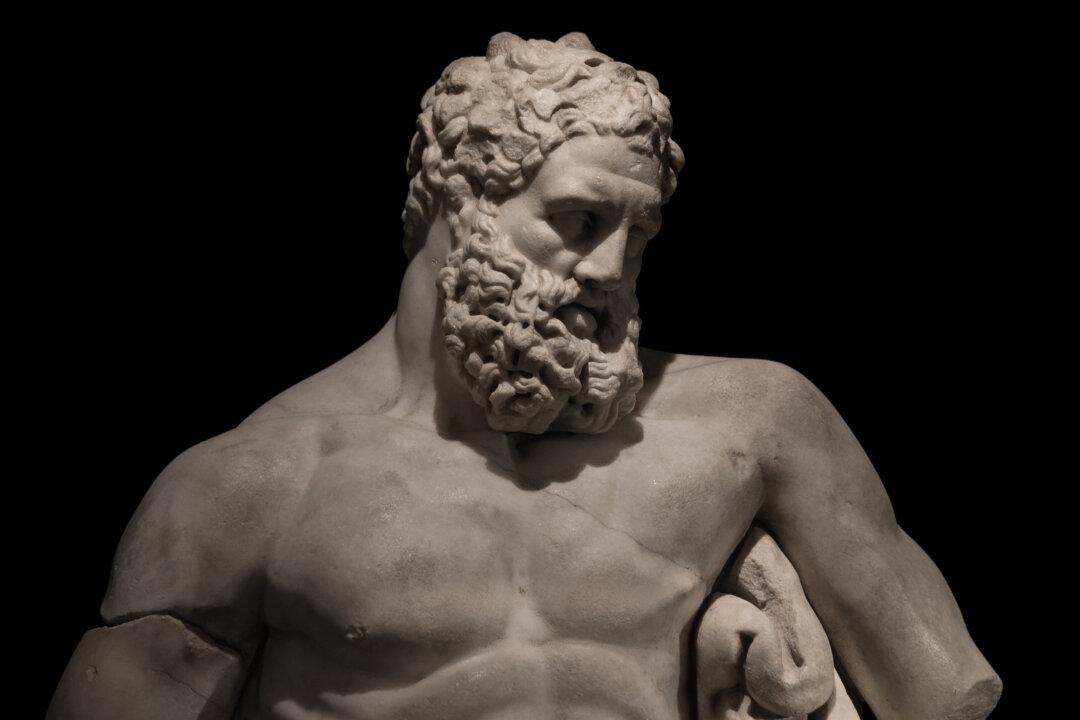Deceptive Satan Inspires Discord
In the previous installment in this series, we followed the two angels Ithuriel and Zephron as they searched for the foreign spirit in the Garden of Eden. The two angels search Eden high and low until they find a toad by Eve’s ear. This toad was attempting to put impure ideas into Eve’s mind as she slept:In search of whom they sought: him there they found Squat like a toad, close at the ear of Eve; Assaying by his devilish art to reach The organs of her Fancy, and with them forge Illusions as he list, phantasms and dreams, Or if, inspiring venom, he might taint Th’ animal spirits that from pure blood arise Like gentle breaths from rivers pure, thence raise At least distempered, discontinued thoughts, Vain hopes, vain aims, inordinate desires Blown up with high conceits engend’ring pride. (Book IV, Lines 798–809)
Milton’s passage has certain undertones, for it’s interesting that Satan initially attempts to tempt Eve while she sleeps. When we sleep, we’re not necessarily diligent against or even aware of those things that might affront us; we’re less able to protect ourselves against evil when we lack awareness. Are we not more likely to be tempted when we let our guard down?The Power of Righteousness Reveals the Truth of Evil
Seeing the toad and recognizing its manipulative intentions, the angel Ithuriel lightly touches the toad with his spear, and his touch changes Satan back into his true form:Him thus intent Ithuriel with his spear Touched lightly; for no falsehood can endure Touch of celestial temper, but returns Of force to its own likeness ... With sudden blaze diffused, inflames the air: So started up in his own shape the Fiend. Back stepped those two fair angels half amazed So sudden to behold the grisly King. (Book IV, Lines 810–813, 818–821)
That which is of the heavens, that is, that which is innately righteous, exposes that which is evil with little effort. Ithuriel, an angel representative of righteousness, only has to lightly touch upon evil for evil to reveal its true nature.
